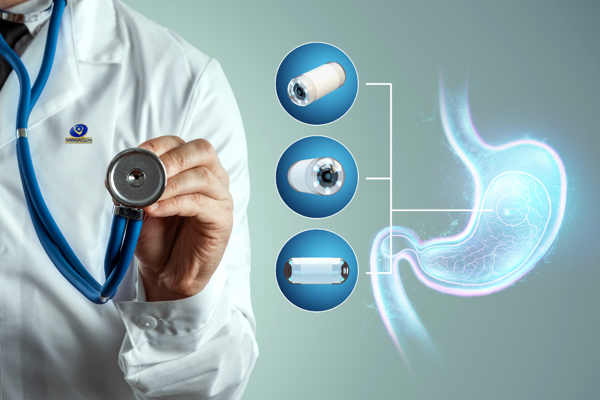Dr. Nguyen Quoc Vinh , Head of General Surgery Department, Nam Sai Gon International General Hospital, replied: Hello Mr. Khang, with your current age and family history of gastrointestinal cancer, you are in the high-risk group - meaning you are more likely to get the disease than normal people. Therefore, even if you do not have symptoms, a gastroscopy - colonoscopy is very necessary to check and screen for potential diseases early.
Gastrointestinal cancer is one of the most common malignant diseases in Vietnam, with a tendency to become younger. The cause comes from an unhealthy lifestyle, an unreasonable diet, in addition, age and genetic factors also contribute significantly.
What is worrying is that in the early stages, gastrointestinal cancer often has no obvious symptoms. Therefore, many people still feel healthy, but the damage has silently progressed. By the time symptoms such as difficulty swallowing, changes in bowel habits, rapid weight loss, prolonged fatigue, etc. appear, the disease has entered a late stage. Treatment at this point becomes more difficult and the prognosis is worse.
For people in risk groups, early and regular screening is especially important.

For people in the risk group, early and regular gastric screening is especially important.
PHOTO: NSG
Should proactively perform gastroscopy, colonoscopy
If you have never had an endoscopy, you should proactively do it as soon as possible to comprehensively evaluate the condition of your upper (stomach) and lower (colon) digestive tract. The interval between endoscopy will be individualized depending on the results and risk factors. Specifically:
For the stomach : If the results are normal or only mildly inflamed, you can have a screening endoscopy again after 3-5 years. If the results show damage to the stomach, increasing the risk of stomach cancer such as atrophy, metaplasia, polyps, etc., a screening endoscopy should be performed sooner after 1-3 years depending on the severity of the disease.
For the colon : If the endoscopy results are normal and no relatives have colorectal cancer, you should have a colonoscopy again after 10 years or sooner if you have persistent abnormal bowel movements. However, you are in the risk group because your relatives have had gastrointestinal cancer. Depending on the level of risk (depending on the age of your relatives when the disease was diagnosed and the number of relatives with the disease), you can have a colonoscopy every 5 years or sooner if polyps or chronic colitis are detected.
Advice from doctors:
Proactive screening is the most effective way to detect lesions early, right from the precancerous stage - the stage when the possibility of successful treatment is highest.
So if you have never had an endoscopy, schedule one soon. Regular screening not only helps detect diseases early, but also reduces treatment costs and mental burden if the disease is detected late.
Source: https://thanhnien.vn/alo-bac-si-nghe-bao-lau-nen-noi-soi-da-day-dai-trang-mot-lan-185250601072125768.htm


































































































Comment (0)